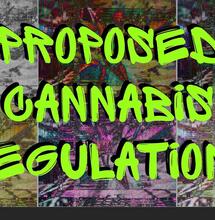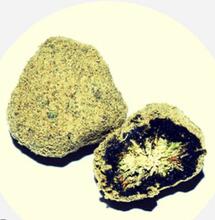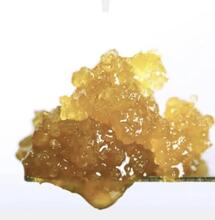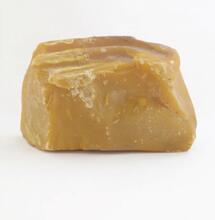Drugs and Minors, the Law

New figures revealed that KIDS as young as FOUR have been caught with drugs in UK schools. Nearly 1,000 children have been expelled since 2019 following incidents involving cannabis and unspecified powders.
The stat revealed at least one four-year-old was excluded from a Renfrewshire school. Meanwhile, at least one other incident led to a nine-year-old being excluded from a school in Edinburgh. In other parts of the country, there were incidents involving 11 and 12-year-olds.
So what is the deal with minors and drugs? Possessing and dealing with 'controlled' drugs in the UK is forbidden under the Misuse of Drugs Act 1971 and is a criminal offence.
All schools should have a drug policy establishing how the school will deal with drugs on school property. It should be designed in consultation with pupils, parents, staff, governors and any relevant partner agencies.
A school's response to drug-related incidents must consider and balance the needs of the pupils concerned and the wider school community. These days, exclusion should not be the automatic and only response to a drug incident, and permanent exclusion should only be used in serious cases.
School staff are permitted to search a pupil for any item if the pupil agrees. Headteachers and the staff authorised by them have a statutory power under the "Education and Inspections Act 2006" to search pupils or their belongings without consent. All they need to have are reasonable grounds for suspecting the pupil may have a 'prohibited item', which includes illegal drugs.
School staff can seize any restricted item found via a search. They can also take any item they consider harmful or detrimental to school discipline.
If caught possessing a controlled drug, you have perpetrated a criminal offence. As well as seizing the drugs, the police can arrest you. You can still be charged with possession if the drugs aren't yours. If you're under 18, the police are responsible for informing your parents.
The sentence received will depend on the class and quantity of drugs located; where you and the drugs were discovered; your personal history, including prior crimes and drug crimes and any other aggravating or mitigating factors.
You'll typically be given a Caution if you are between ten and 17 years old. This isn't a criminal conviction but will remain on your record. A Youth Court may charge and deal with you if you offend further. Depending on the gravity of the crime, you might receive an absolute or conditional charge.
This may not involve any physical sentence, but it will give you a criminal record. If you re-offend, the penalty will be more serious. You could acquire a referral order for more weighty offences. This will involve frequent sessions with a youth offending team and potential community service.












